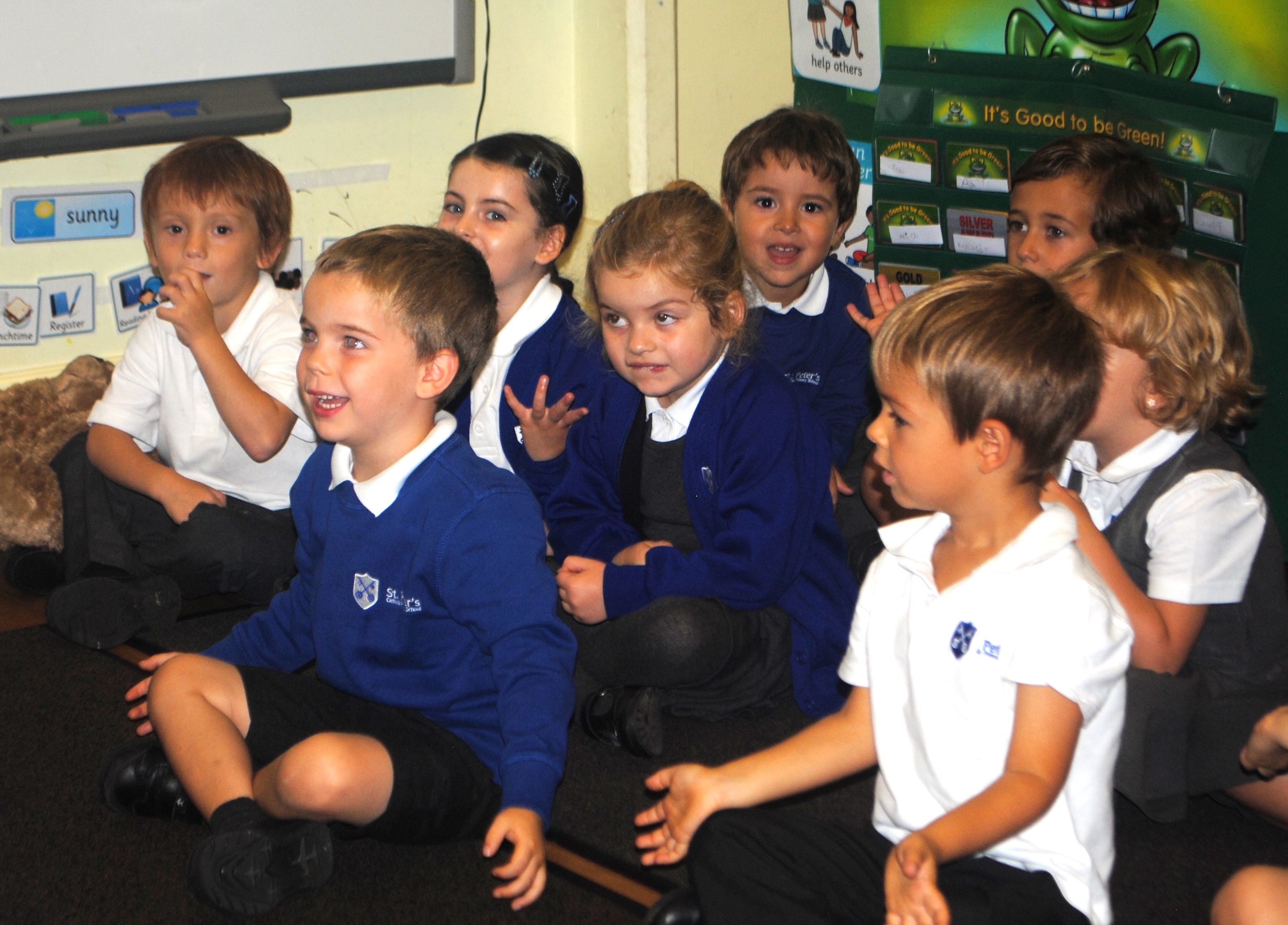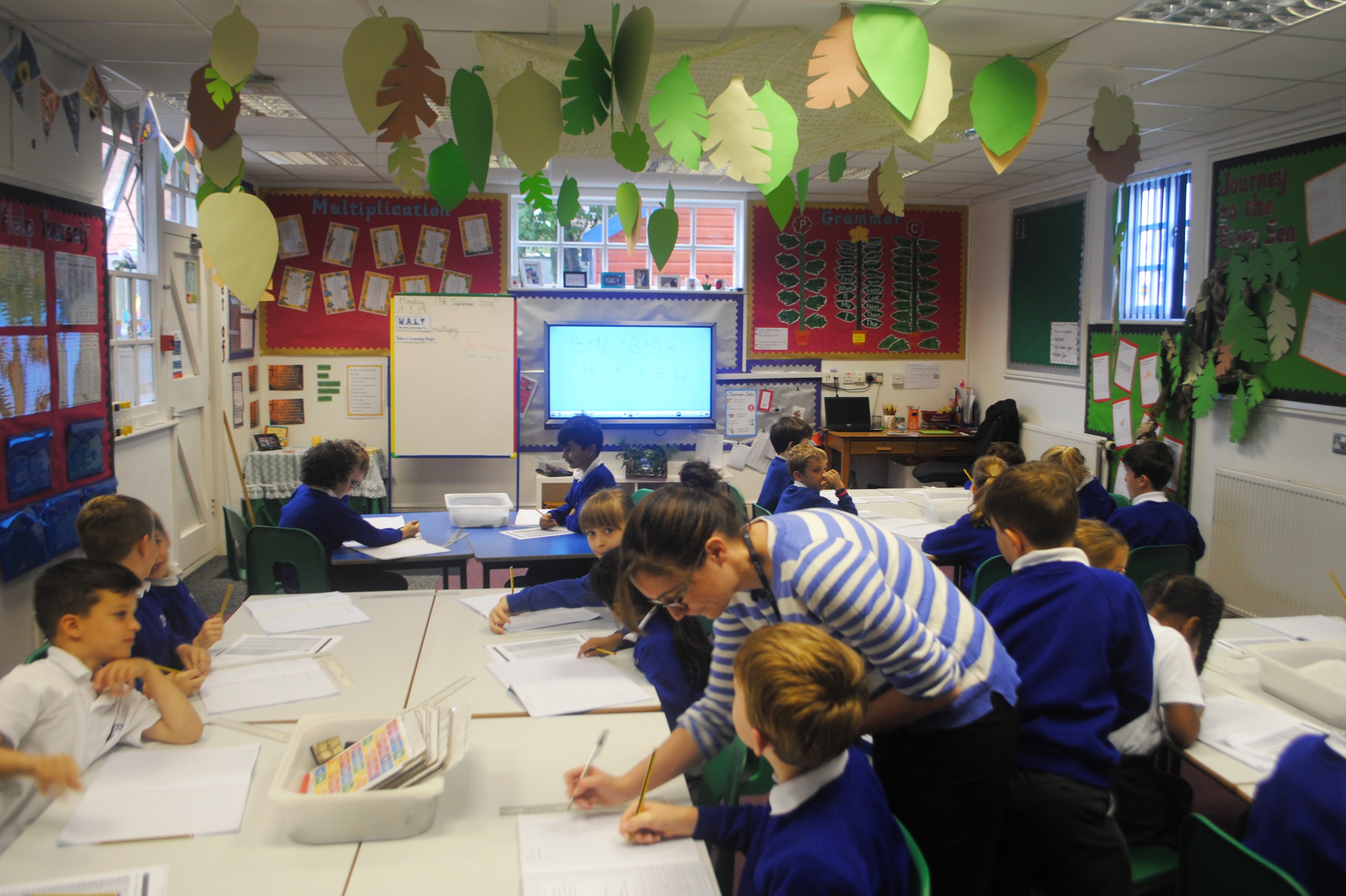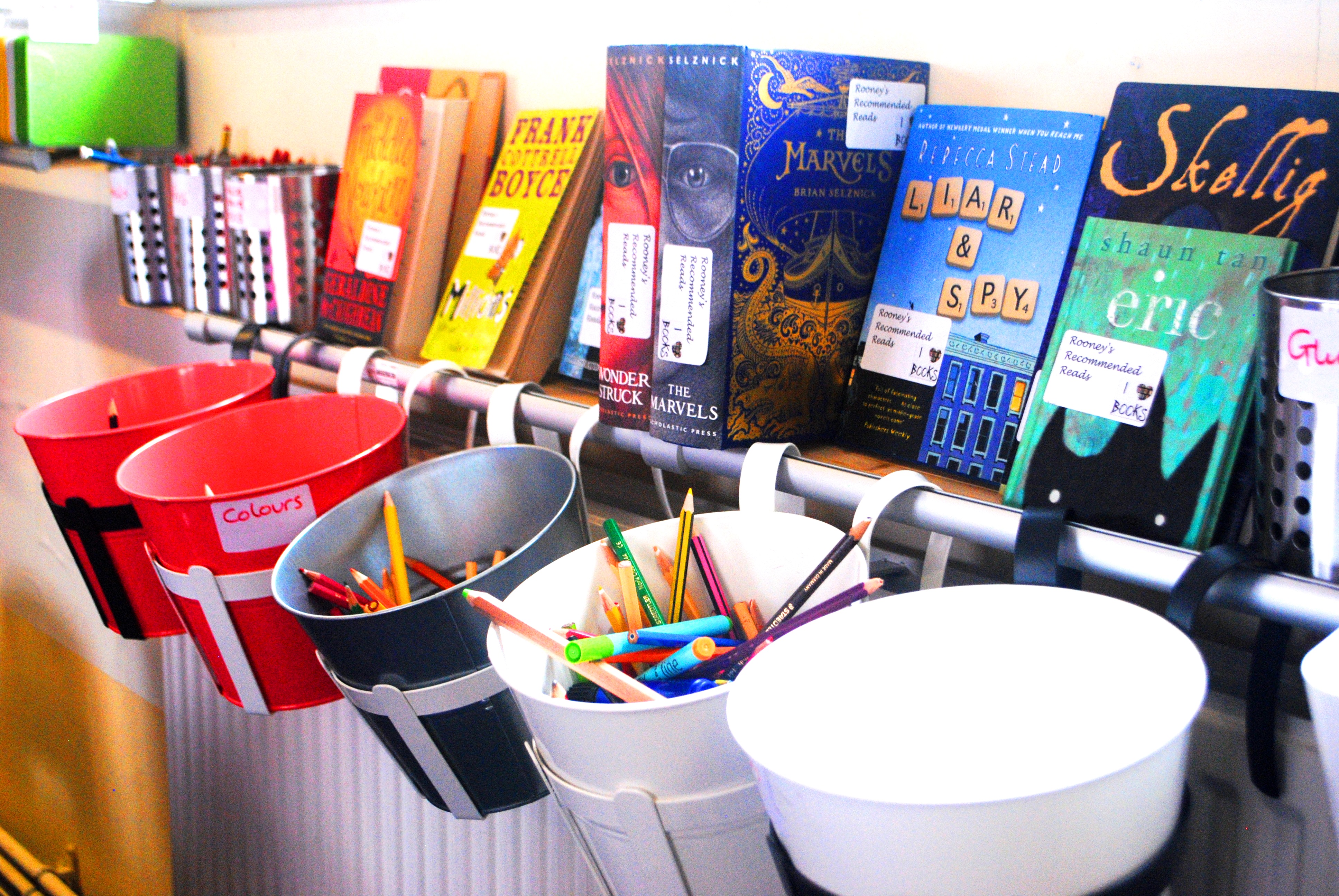 Our school is committed to providing a high quality education to all of our pupils. We believe that all pupils are entitled to a full broad and balanced curriculum, including those with Special Educational Needs. We are committed to our policy of inclusion, where every child matters.
Our school is committed to providing a high quality education to all of our pupils. We believe that all pupils are entitled to a full broad and balanced curriculum, including those with Special Educational Needs. We are committed to our policy of inclusion, where every child matters.
Our school and others in our areas have a similar approach to how they accommodate pupils with Special Educational Needs and Disabilities. Here, we aim to provide parents with all of the information they need to understand how their child’s needs will be met by both the school, and also by the Local Authority and Special Support Services.
Our school is a vibrant and ambitious learning community. The children learn in a warm and nurturing environment that enables them to achieve high standards academically, and to develop and mature into young people who are ready to take their place in the world and achieve their full potential.
 We are very proud of the happy and caring atmosphere that permeates through our school, and believe that the key to our success is the quality of relationships and the high levels of care that exists between all members of the school community, which is rooted in the values of living life through Christ.
We are very proud of the happy and caring atmosphere that permeates through our school, and believe that the key to our success is the quality of relationships and the high levels of care that exists between all members of the school community, which is rooted in the values of living life through Christ.
Our school aims to meet all children’s needs and when we need to provide specific support or advice we have access to a range of specialists.
Teachers identify SEND and adapt teaching in response to the diverse needs of pupils. They set clear targets for the pupils and if they do not make adequate progress the class adequate progress the class teacher will consult with the SENDCo (Special Educational Needs and Disability Coordinator) to see if a diagnostic assessment should be carried out. The details of this are set out in the School’s SEND policy (see below). Pupil progress meetings are carried out every half term with the Headteacher or SENDCo.
Parents or carers are seen as important partners in the effective working relationship with the school. They are fully involved in the identification, assessment and decision making process in the school. They are kept up to date with their child’s progress through parents’ evenings and an annual report. An end of year review meeting will take place in the summer term.
The class teacher is responsible for assessing the child’s progress against their personal targets. Teachers review progress on a half-termly basis, using an Individual Learning Plan. If the child is not making the expected progress, the next step in the graduated approach is that discussions will take place regarding a higher level of additional support.
As the new SEND code of practice states, ‘Teachers are responsible for all the children’s progress including those with SEND’. We believe in promoting every possible opportunity to develop the full potential of all children.
Prior to the children starting in Reception, teachers will visit them in their nursery provision and if needed, additional meetings will take place with the school’s SENDCo, external professionals and parents. The SENDCo will meet with appropriate secondary staff and pupils will have the choice of extra transitional visits.
The curriculum is differentiated to meet the needs of all out children. Some children with SEN need adaptation such as visual timetables or additional phonics support. We can modify the learning environment to meet the needs of children with sensory problems.
The school SENDCo has received relevant training in SEND. The school has service level agreements with Speech and language support services and the Early Intervention service so that we can provide the best level of support for our children as possible.
Teachers review the impact of provision for SEND children on a half-termly basis through review meetings and data tracking. The SENDCo tracks the progress the children have made each term and analyse the impact of any intervention they have had. The SEND policy is reviewed on an annual basis by the SENDCo and SEND Governor.
There is the expectation by all staff that all learners can access the curriculum and make good progress. Teachers are skilled at adapting the curriculum and the learning environment for the benefit of all learners and additional training will always be arranged if the needs are not being adequately met. As a school, we regularly liaise with outside agencies and specialists to help us to ensure we are securing the best for our children. For example, we make use of the Educational Psychologistservice during the initial investigation process. . The school is on two levels and we are currently exploring how we can best utilise our space so that in the future, we can avoid issues with access. We aim to provide a communication friendly environment.
We aim to offer emotional and social development for all of our children and recognise that it is important to listen to the views of SEND children so that their voice is heard. We have recently introduced a robust anti-bullying policy so that we can deal with any allegations in a prompt and effective way. Through the Taking Care Project, we equip children with the skills they need to protect themselves from harm and the knowledge of what to do when they feel their early warning signs in the face of danger.
Further information can be found in our SEND policy document:
SEND Policy and Information Report September 2019 (DRAFT)
St Peters Catholic Primary School Local Offer October 2019
Additional Information
Our SEND co-ordinator is Mrs Casley. She can be contacted at admin3542@welearn365.com
